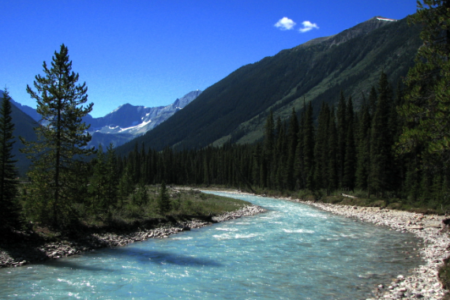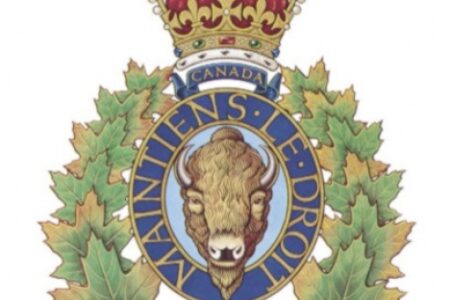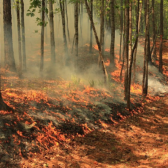Wolverine on Links' Line confirmed, shattering legend of the lynx
This photo by Jonathan Provencal on Dec. 16 confirms that the animal whose den is under the Motherlode ski lift on Granite Mountain’s Links’ Line is, in fact, a female wolverine.
“I was suspicious about the tracks,” Provencal said, referring to the widely held opinion that it was a lynx’s den. “They didn’t look like lynx [tracks] to me. Lynx have long legs and do not make a deep trench in the snow as they travel.”
Provencal set up one of his four infrared, motion-sensing, hunting trail cams and was rewarded with this picture. He is currently setting up the cam again, this time to record video.
Similar cameras are widely used by biologists and ecologists to unobtrusively observe animals in their natural habits. Out of respect for the wolverine, Provencal echoes the sentiments of experts who ask people to keep their distance from dens, in this case limiting viewings to the chairlift.
He is fairly sure the wolverine is a female because of its smaller size and the fact it uses the same den for an extended period of time. Males tend to be nomadic wanderers.
“It’s a very interesting, carnivorous mammal in the weasel family that really thrives in cold, winter conditions,” Provencal said. “But there are only about 15,000 wolverines left in Canada.”
Consequently, wolverines have “red” status in BC and are listed as “special concern” by COSEWIC—the Committee on the Status of Endangered Wildlife in Canada.
The wolverine is the largest weasel, or mustelid, a family that includes badgers, fishers, martens, stoats, ferrets, mink, otters, and many others.
Wolverines inhabit a broad range of systems, from woodlands to wetlands, from tundra and alpine meadows to every kind of forest at all elevations. The highest densities, however, occur in the mountains.
They are solitary predators with home ranges as large as 400,000 acres. They mostly eat small mammals, but will sometimes prey on larger mammals in the winter.
Reproductive rates are low, and about half of mortalities are caused by humans. The animal has been extirpated from the Lower Mainland and populations are declining in southeast BC. A unique subspecies on Vancouver Island was last sighted in 1992, so is presumed extinct, and wolverines never inhabited Haida Gwaii. Other populations in BC appear stable for now.
Besides his interest in ecology and hunting, Provencal is also a musician, most notoriously with the Toques, and joined Red Mountain Resort’s pro patrol last season, getting him up close and personal to the lady wolverine as he adjusts tower pads.



























